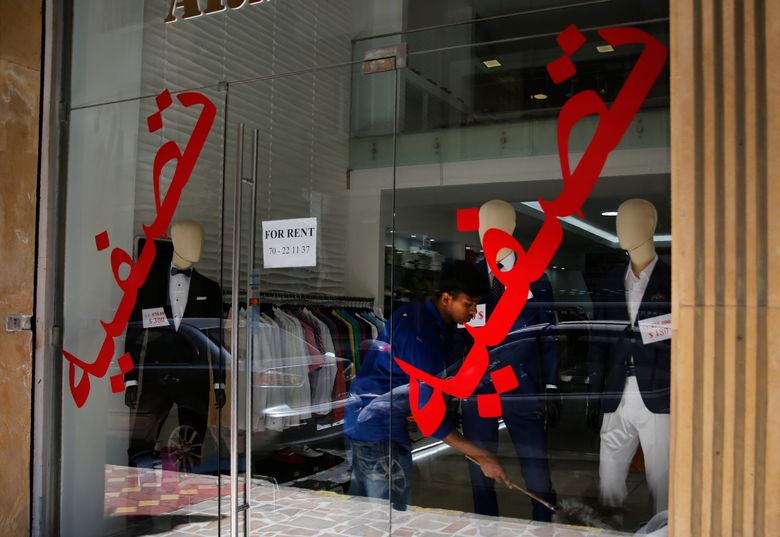
By SARAH EL DEEB The Associated Press BEIRUT (AP) — For days, Lebanese TV stations have been blanketed with live coverage as lawmakers held heated debate over a controversial austerity budget meant to salvage the flailing economy, with protests outside parliament and critics denouncing its focus on tax hikes and wage cuts. Mohammed Badran, sitting in his barber shop empty of customers, couldn’t be bothered to watch. Those officials don’t even know how much bread costs, he scoffed. “They basically don’t know anything about us.” The 33-year-old hair stylist — his hair spiked stylishly in front — sat idle in his salon in central Beirut with the TV tuned to Quranic recitals. Badran said things have gotten worse the past few years. Taxes, utility bills and prices have increased, while his income hasn’t changed. Once, he kept about three quarters of his earnings; now he pockets only about a quarter, he said. “Things have been turned upside down,” Badran said.
As the economic crisis deepens in Lebanon, so has the public’s distrust in the ability of the old political class, widely viewed as corrupt and steeped in personal rivalries, to tackle major reform. Many fear a Greek-style bankruptcy, without the European Union to fall back on and with potentially more violent social unrest in the small country wedged between war-torn Syria and Israel. A new budget that reduces public debts, improves governance and reforms infrastructure could unlock some $11 billion in aid promised to Lebanon last year by European countries. But after weeks of delay amid haggling among the government and lawmakers, the result is a bill that mostly taps into the pockets of average Lebanese, while critics say it does little to tackle structural issues and deeply entrenched corruption at the root of the crisis. The budget was ratified late Friday in a closed session, with 83 of the parliament’s 128 members voting for it and 18 against it.
Last year, the government hiked the value-added tax to finance a pay increase it promised to public sector workers. This year’s proposed new budget cuts pay and benefits for government workers and freezes public sector hiring for three years. The VAT hike remains in place, and other taxes are also increased. Economist Jad Chaaban said the anxiety around a potential Greek-style bankruptcy has allowed government officials to push an emergency fix rather than enact major changes, such as progressive taxes or debt restructuring. The real problem, he wrote recently, is the political elite, which treats the public sector as a jobs source for supporters and covers up corruption that enriches them and drives up debt. Commercial banks are largely owned by ruling politicians and profit from holdings of public debt.



